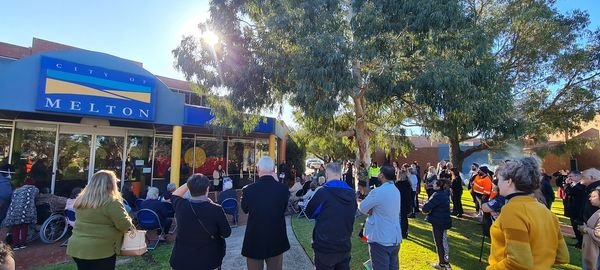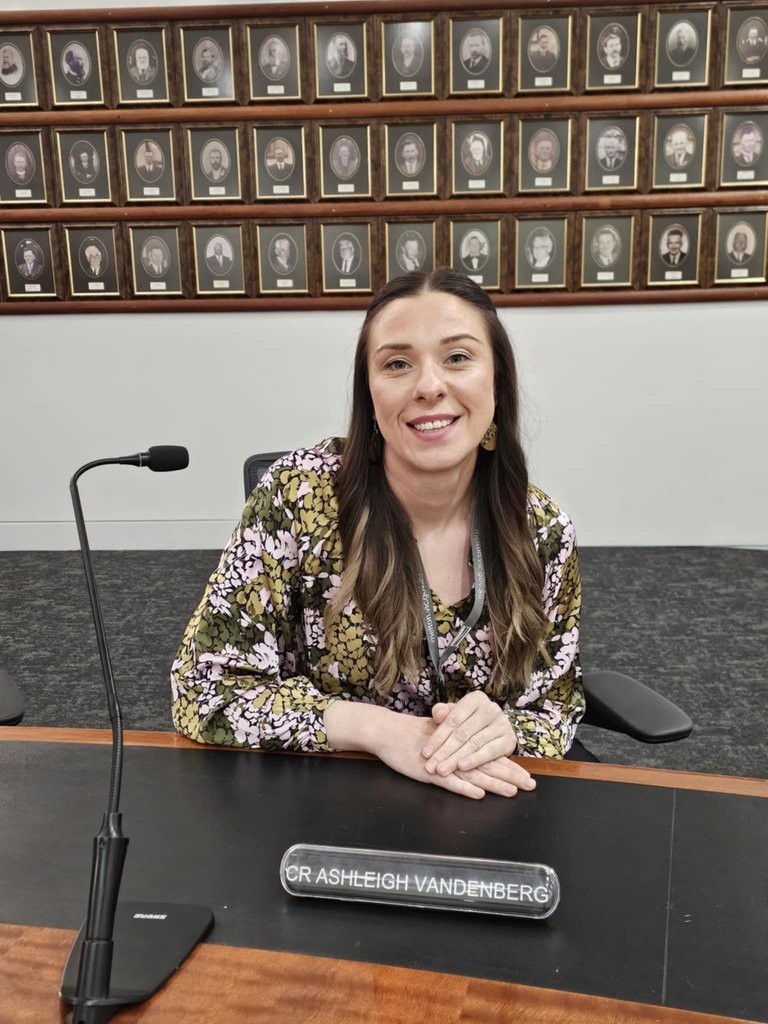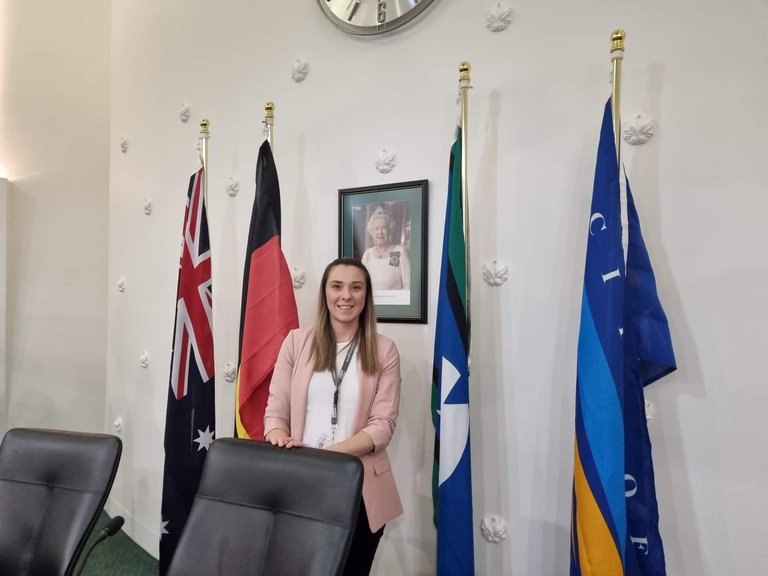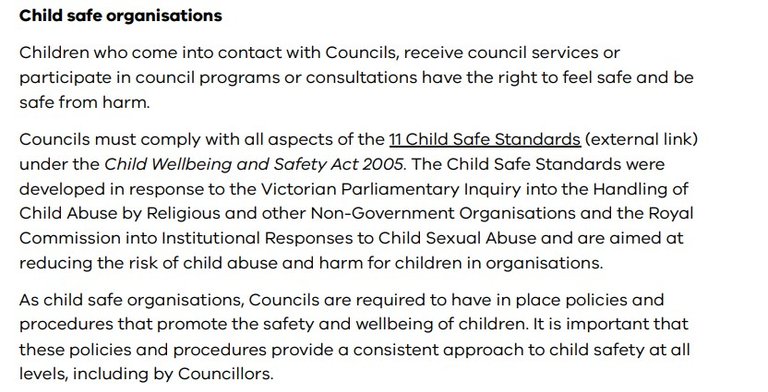
Victorian Local Government Amendment Act 2024
Victorian local governments are an essential tier of governance in Australia, responsible for providing services and infrastructure tailored to local community needs. There are 79 local councils in Victoria, each representing a defined geographical area. These councils operate under the Local Government Act 2020 which establishes their roles, responsibilities, and governance structures.
Roles and Responsibilities
While Australia did hold a referendum to include Local Governments as recognised tiers of government within the Australian constitution with their own powers, the referendum was defeated and Local Governments operate as authorised government agencies under their respective states.
Roles and responsibilities do very and while it does have legislation this tier of government is a lot more flexible in relation to the aspects it does get itself involved in, often at times it can become quite heated and controversial.
Overall Local councils play a pivotal role in community development and service delivery. Their responsibilities include:
Planning and Development Councils manage urban planning, land use, and development applications to ensure sustainable growth and adherence to local regulations.
Service Provision Councils provide critical services such as waste collection, road maintenance, parks and recreation facilities, libraries, and community health programs.
Community Engagement Councils facilitate consultation with residents to inform decision-making on local issues and projects.
Regulatory Functions Councils enforce local laws, manage parking, and oversee animal control, public health, and environmental regulations.
Advocacy and Representation Councils represent their communities' interests to state and federal governments, advocating for funding and policies that benefit their constituents.

Governance Structure
The governance structure of Victorian local councils includes:
Elected Councillors
Councils are led by councillors elected by local residents. The number of councillors varies based on the council's size and population.
Mayor and Deputy Mayor
The mayor, elected by councillors, provides leadership and represents the council at official functions. Some councils also elect a deputy mayor to assist the mayor.
Chief Executive Officer (CEO)
The CEO oversees the council’s day-to-day operations, manages staff and ensures the implementation of council decisions.
Council Committees
Councils establish committees, often including councillors and community representatives, to focus on specific areas such as planning, finance, youth and various community sectors.
Staff and Administration
Professional staff support the delivery of services and manage the council’s operations, including budgeting, policy development and project implementation.
These roles and structures enable councils to address local needs effectively while adhering to statewide policies and regulations.

Local Government Reform: A Better Future For Children, Youth & Families
The Victorian Local Government Amendment Act 2024 introduces significant changes aimed at strengthening governance, accountability and councillor conduct across the state. This legislation builds on findings from integrity inquiries, such as the Independent Broad based Anti-Corruption Commission (IBAC) report on Operation Sandon, which uncovered systemic issues in local councils. With a focus on improving trust and functionality, the new amendments have wide ranging implications for elected councillors and the communities they serve.
The Act places greater emphasis on councillors’ ethical behaviour and continuous professional development. It signals a shift toward a more centralised and standardised approach to governance, aiming to reduce inconsistencies and misconduct.
Previously each 79 councils created their own code of conducts and it was leading to inconsistency across the state often harming the most disadvantaged groups as Local Government's are quite often the first touch point in your life. Their services range from Maternal Child Health, Community Health and Early education all the way up to meals on wheels and elders support groups.
But in recent yeas they have become home to the "woke" culture wars raging between left and right often causing harm to the people they are trying to help, women are big losers as cases of sexual harassment were rife and many things that occur on this level of government are often out of sight and reach of regulatory bodies with even the Minister for Local Government having limited powers in what they could do when it comes to councils that weren't delivering or misbehaving.
The stricter regulations bring all councils in line and also mean that councillors must be more diligent in compliance to avoid penalties. This could lead to increased scrutiny of councillors' actions, particularly in areas like campaign financing and personal interest disclosures.
Mandatory Applications and Their implications
Councillors who are the main decision makers escaped any real accountability or ramifications for their decisions, most of the workforce must abide by many regulatory requirements and if fail could see workers expelled from certain work fields like working with children.
The prevalence of sexual harassment in local government is quite high and only now are we seeing strengthened protections for victims with Councillors previously escaping serious charge as only another councillor could make a complaint, new legislation means members of the public can report conduct issues to regulatory bodies for investigation with sever penalties and in some instances jail time.
Mandatory Training for Councillors and Mayors
The Act expands induction training to include ongoing professional development for all councillors and mandatory training for mayors. This ensures that elected officials stay informed about governance standards and their responsibilities, improving decision-making and council leadership
Enhanced Councillor Conduct Framework
A new Model Councillor Code of Conduct will be introduced to standardize expectations across Victoria’s 79 councils. This replaces the previous council-specific codes and includes stricter sanctions for misconduct, creating clearer consequences for violations
.
Disqualification and Suspension Powers
The Act grants the Governor-in-Council, on the Minister’s recommendation the ability to suspend or disqualify councillors who compromise safety or impede council operations.
New Enforcement Capabilities
The Chief Municipal Inspector (CMI) gains expanded oversight, including issuing infringement notices for breaches such as failures to disclose campaign donations. The CMI can also table reports in Parliament, enhancing transparency and accountability

A Brighter Future For Victorian's
For residents, the reforms are designed to restore confidence in local councils by improving governance, ensuring safety and holding councillors accountable. The standardised code of conduct and stronger enforcement mechanisms aim to reduce corruption and misconduct, leading to more effective and transparent local governments.
Additionally, the emphasis on training and professional development may result in better-informed councillors who are equipped to address community needs more effectively. With a strong focus on health, safety and compliance those who seek to enter this field to put their snout in the trough and/or intimidate, bully and harass their way to the top can find themselves in deep water in no time!
image sources provided, others used are photos I took and have consent to use, This is an article on LG Changes and not intended as advice
Posted Using InLeo Alpha
